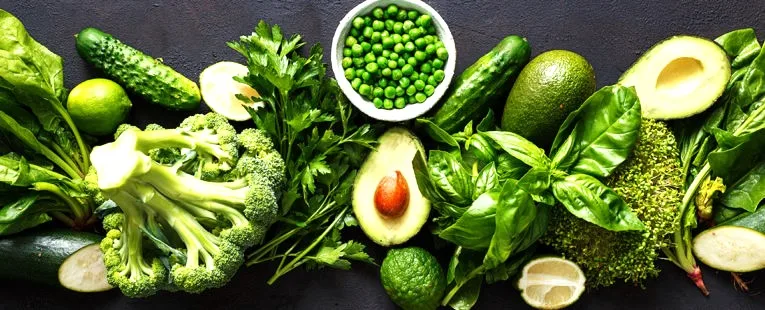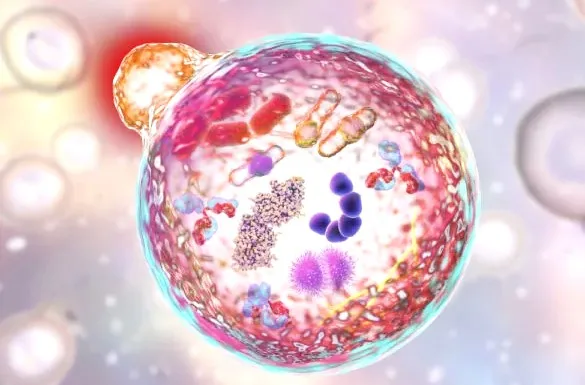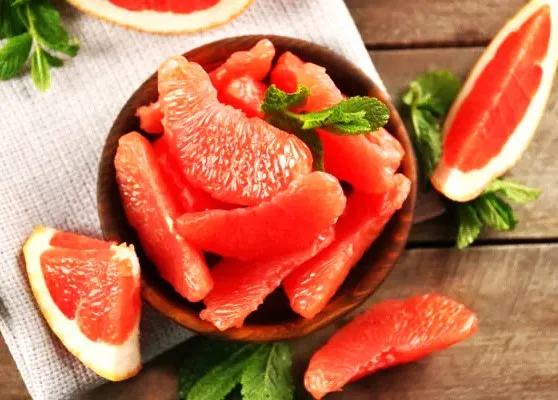The Anti-Aging Power of Spermidine
In their ongoing search for the fabled fountain of youth, scientists are focusing on spermidine, a naturally occurring substance. This polyamine has become a promising player in the field of anti-aging research and is found in a variety of foods. This article delves into the fascinating realm of spermidine, examining its anti-aging properties, age-related decrease, and possible methods for restoring its concentration.

The Anti-Aging Marvel: Spermidine’s Role in Longevity
One natural polyamine that has been found to be important in promoting cytoprotective macro- autophagy—also referred to as autophagy—is spermidine. Studies have demonstrated that adding extra spermidine to an organism’s diet increases its longevity and overall health in a variety of species, including flies, mice, nematodes, and yeast. Age-related decline in humans has been associated with a decrease in spermidine levels with aging.

Declining Spermidine Levels with Age: A Call for Action
Recent epidemiological data underscores the importance of maintaining optimal spermidine levels. Studies have shown that increased intake of spermidine-rich foods is associated with a reduction in overall mortality related to cardiovascular diseases and cancer. The decline of endogenous spermidine concentrations as we age raises the question of how we can counteract this natural process.
Nutritional Strategies for Spermidine Boost
In the pursuit of slowing down aging and preventing age-related diseases, identifying effective therapies is paramount. Spermidine emerges as a potential longevity drug, showcasing its ability to increase lifespan in various organisms. This includes its possible impact on chromatin-mediated regulation of gene expression, a mechanism that may contribute to its anti-aging effects.
Polyamines: Essential for Cell Renewal and Overall Health
Polyamines such as putrescine, spermidine, and spermine play a crucial role in cell renewal, supporting overall bodily health. While it was once believed that cells synthesize polyamines when needed, recent evidence suggests that the diet can supply sufficient amounts for optimal cell growth and renewal. A systematic analysis of different foods reveals that the average daily polyamine consumption in Britain falls in the range of 350-500 pmol/person per day.
Food Sources and Bioavailability of Polyamines
Certain foods stand out as rich sources of polyamines, with fruit, cheese, and non-green vegetables contributing significantly to putrescine levels. Interestingly, spermidine levels are more evenly distributed among various food sources, with higher concentrations found in green vegetables. The bioavailability of polyamines, however, faces limitations due to metabolism and conversion processes.

Spermidine shows up as an intriguing candidate in the search for the fountain of youth, providing insight into the possibility of using dietary approaches to prevent age-related declines. The path to a longer, healthier life is beginning to look promising as we learn more about polyamines and how they contribute to longevity. The evidence to date indicates that adopting a diet high in spermidine may be the key to delaying the aging process and enhancing general wellbeing, though more research is necessary.
References:
Bardócz S, Duguid TJ, Brown DS, et al. The importance of dietary polyamines in cell regeneration and growth. Br J Nutr.1995;73:819–828.
Igarashi K, Kashiwagi K. Modulation of cellular function by polyamines. Int J Biochem Cell Biol. 2010;42:39–51.
Pegg AE. Functions of Polyamines in Mammals. J Biol Chem. 2016;291:14904–14912.
Madeo F, Eisenberg T, Pietrocola F, et al. Spermidine in health and disease. Science. 2018;359(6374):eaan2788.
Eisenberg T, Abdellatif M, Schroeder S, et al. Cardioprotection and lifespan extension by the natural polyamine spermidine. Nat Med. 2016;22:1428–1438.
Eisenberg T, Büttner S, Kroemer G, et al. The mitochondrial pathway in yeast apoptosis. Apoptosis Int J Program Cell Death.2007;12:1011–1023.
Eisenberg T, Knauer H, Schauer A, et al. Induction of autophagy by spermidine promotes longevity. Nat Cell Biol. 2009;11:1305–1314.
Yue F, Li W, Zou J, et al. Spermidine prolongs lifespan and prevents liver fibrosis and hepatocellular carcinoma by activating MAP1S-mediated autophagy. Cancer Res. 2017;77:2938–2951.

I was just looking for this information for a while. After 6 hours of continuous Googleing, at last I got it in your website. I wonder what’s the lack of Google strategy that don’t rank this type of informative websites in top of the list. Usually the top websites are full of garbage.
Thank you for helping out, wonderful info. “You must do the things you think you cannot do.” by Eleanor Roosevelt.